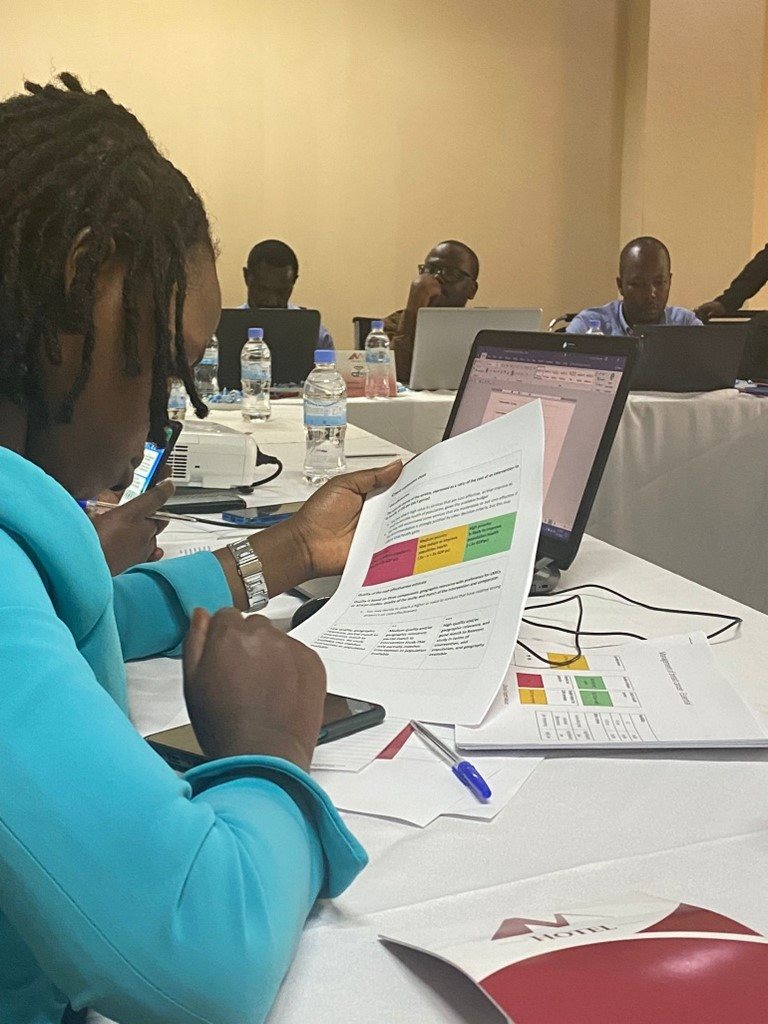The Global Health Priorities group of IQ Health – consisting of Research Group International Health, with Rob Baltussen, Leon Bijlmakers, Wija Oortwijn, Gavin Surgey, and Charlie Nederpelt – supports Ministries of Health worldwide in revising their health benefit packages. Over the past year, they advised the Ministry of Health in Rwanda in updating the package for disability care, including assistive products such as crutches, wheelchairs, and prostheses. The revised package will be implemented as of July 1.
Their contribution consisted of applying evidence-informed deliberative processes – a method that bridges science and policy through expert-driven evaluation, in which relevant stakeholders jointly assess the social value of technologies. This methodology is not limited to low-income countries. It can also be of great value to the Netherlands, aiming to increase policy impact by systematically connecting scientific insights to societal decision-making.
The approach in Rwanda demonstrates how a structured, participatory process can lead to better and more societally supported decisions. As part of this process, the Global Health Priorities group assembled a committee of experts in disability care, including representatives of clients, healthcare professionals, the insurer, and the government. They presented them with a list of over 200 assistive technologies currently in use. These were assessed based on cost-effectiveness, health outcomes, budget impact, financial feasibility, and other relevant considerations. The experts significantly reduced the original list, excluding items for which cheaper and equally effective alternatives were available. Their recommendations included investments in local production workshops and disinvestments, such as discontinuing reimbursement for expensive imported products. The national Health Benefit Package (HBP) committee subsequently reviewed the experts’ recommendations. After four days of deliberation and discussion, the committee approved the recommendations with some minor adjustments.
The methodology is applicable to a wide range of topics, including those in high-income settings such as the Netherlands. Consider, for example, the complex decisions in elderly care, where diverse values and interests intersect. We believe this approach offers a robust and replicable framework for research groups seeking to achieve societal impact.

